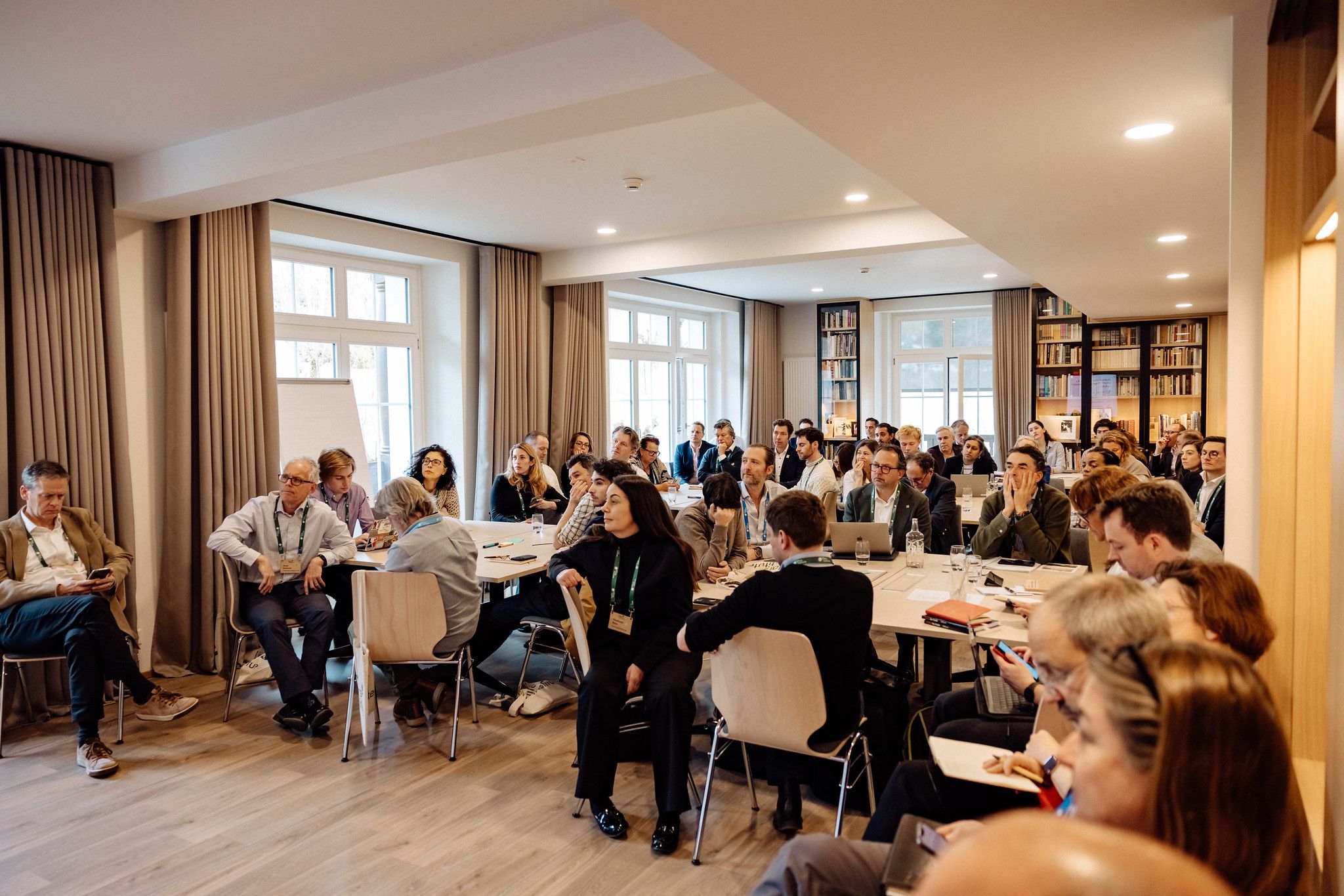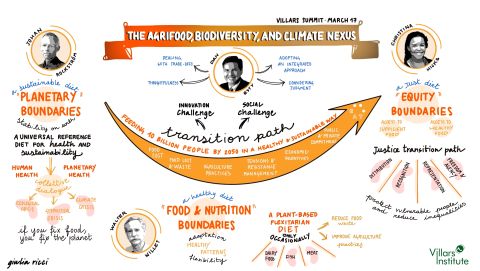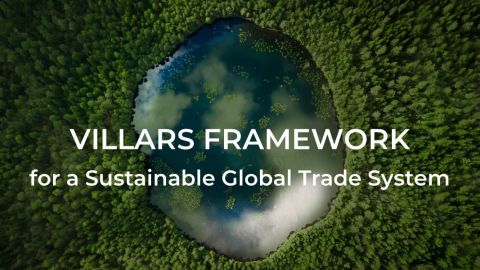Ideas from the Speakers
This session explored various project ideas presented by ocean conservation experts. One project, to put the oceans on the balance sheet, reflects the importance of valuing living nature and poses questions about how we can ensure that intact nature is considered more valuable than dead nature in the form of products.
Another project aims to shift funding away from traditional philanthropy (which is currently proving ineffective) toward approaches grounded in business principles. By bringing individuals and corporations into the equation, the experts hope for a future in which corporations could be trusted with ocean stewardship. They would also like to ensure that the communities most affected by the changing ocean are considered.
The last project seeks to launch a campaign to collect 1 billion signatures to completely close the high seas to all forms of exploitation. Bold action must start now, especially if we are to stay on track with the “30x30” goals (protecting 30% of the planet’s oceans, lands, and freshwaters by 2030). Wildlife in the high seas, which cover 43% of the Earth’s surface, needs to be protected against industrial fisheries and deep-sea mining. Now is the time to include everyone in this fight.
Insights from the Audience
Participants were invited to contribute ideas and express commitment to the projects. One group group highlighted New Zealand as a pioneer including the ocean on its national balance sheet, recognizing its immense value beyond mere just resource extraction. An expert stated that currently, 80% of the country’s biodiversity is marine-based, yet assigning value on to living ecosystems remains continues to be challenging. More traditional accounting methods are unable to capture the full worth of nature, as dead resources are easier to quantify than living ones. Indigenous stewardship offers a shift in perspective, emphasizing care over mere conservation.
Globally, oceans are vastly undervalued, yet they play a crucial role in the economy—over half of publicly traded companies depend on them. The ocean’s role as a carbon sink and its contribution to various industries highlight the need for a new valuation system. This requires accurate assessments, improved data accessibility, and standardized accounting frameworks. The concept of ocean biomes can help segment and assess value more effectively. A significant portion of the ocean exists in the high seas, raising questions about accountability and governance. The challenge now is to integrate ocean value into corporate and national accounting, ensuring transparency and fostering stewardship. The participants called for establishing a universally accepted method for valuing and safeguarding the ocean, essential for driving policy change and promoting responsible economic decisions that reflect its true worth.
Another group discussed the proposal of stopping all exploitive activities in the high seas, focusing on the advantages of doing so, including increasing equity and ecological protection and minimizing economic loss. A global campaign, using analogies like the protection of Antarctica, must leverage news, social media, and emotional connections to be effective. Celebrity advocates, for example from South Korea and India, and business endorsements, like Mastercard, could expand reach and include young people through social media, storytelling, and gamification—making 1 billion pixels cover the high seas with each signature linked to a pixel—to garner broad support. Ensuring Pacific Island countries are involved, with scientists and policymakers who have a stake in marine conservation, is essential.
Nonetheless, political and legal obstacles exist. Renegotiating the UN Convention on the Law of the Sea would be difficult, and the Biodiversity Beyond National Jurisdiction Agreement, commonly known as the High Seas Treaty, is being implemented very slowly. The importance of upholding ongoing treaties was strongly emphasized. Issues should be underlined in public awareness campaigns. With a target of 1 billion signatures, a planned schedule with checkpoints at significant conferences might spur enthusiasm. Global engagement could be further increased through the involvement of faith-based organizations, sporting events, and diverse voices from many continents. While ambitious, the campaign has the potential to become a potent ocean conservation movement with the support of science, digital outreach, and strategic collaboration.








